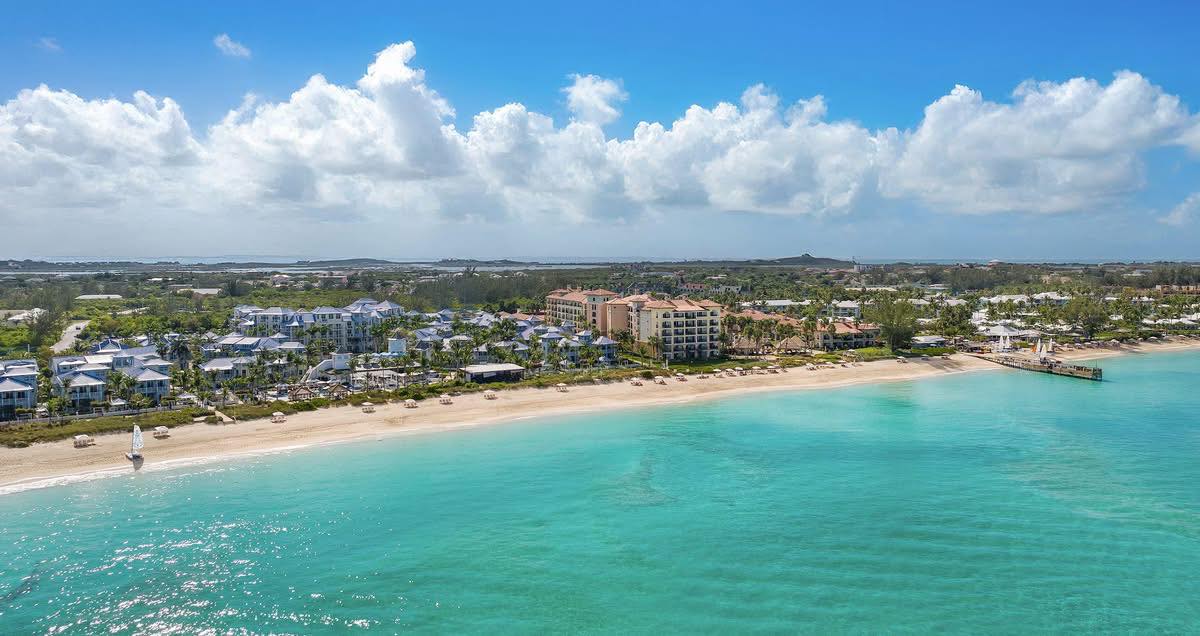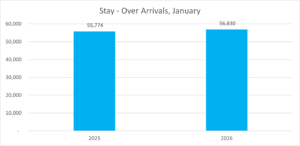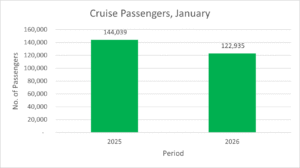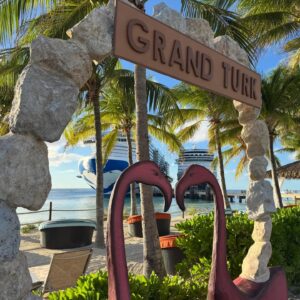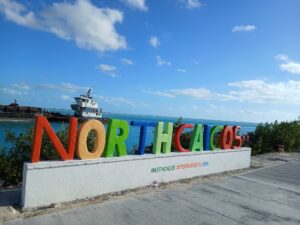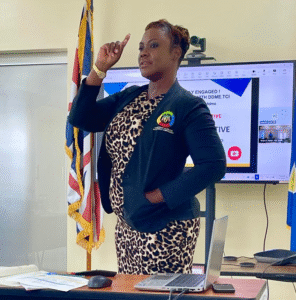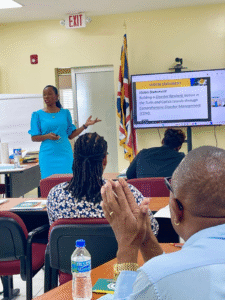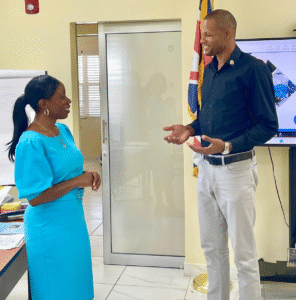By Dana Malcolm
Staff Writer
#USA, June 25, 2022 – Being a player in the NBA is probably one of the most lucrative jobs that one can imagine. Though better players get better salaries those salaries range between 900 thousand dollars for the lowest-paid players to up to 45 million for the highest-paid players but it is the NBA that ultimately decides how high salaries can go.
The total amount of money any team can spend on their players’ combined salaries is set by the NBA. The teams then decide what to pay their lowest and highest-ranked players. For the 22-23 season the cap is $122 million.
For example in the 2021-2022 Champions the Golden State Warrior’s lowest salary will go to Shaun Livingston, a guaranteed $1,333,332. Their highest salary will go to Stephen Curry, a guaranteed $45,780,966. This is in addition to sponsorship deals that can rake in millions of dollars for in-demand players.
In the WNBA 2021-2022 season, Brittney Griner earned a base maximum salary (without sponsorships) of $221,450. That is the highest salary in the WNBA. One of the best players in the league, Griner is paid four times lower than an NBA rookie.
This is true for women across the board, including the Bahamas’ Jonquel Jones. Jones is one of the highest-paid players in the WNBA and is regarded as one of the most prolific. Her salary is 208,000 per year.
Recently Griner was arrested in Russia for a small quantity of marijuana; she was there because she outsourced herself to the Russian team UMMC Ekaterinburg to have a chance at earning more money.
Grand Bahama’s Jonquel plays for the same team and says she can’t turn her back on the international leagues because the salary is just not comparable. Two months ago she expressed the stress of traveling through Russia on Twitter.
“Just landed in Turkey and all I want to do is cry. That situation was way more stressful than I realized. Thank you God for always watching over and protecting me.”
Despite playing in China and Korea she said she never felt unsafe until the war describing it as “unprecedented.”
Despite the stress and danger, she told ESPN she was just going to have to deal with it.
“While the [WNBA] is making the right and necessary strides to pay us more and ensure that if we don’t want to go overseas, we don’t have to, I just feel like in my situation, the money is not comparable. I have to think about the financial status of my family and everybody else, and also the opportunities that I’m leaving if I don’t go.”
Remembering Griner Jones said “I’ve been looking at these pictures that I have on my phone, the last set of pictures I took with her we were going to Valencia or wherever. We were all just joking and laughing around and stuff, and it’s just crazy how fast things can change.” While she has hope things will change she says it probably won’t be in her playing years. For context, Jones and Curry are both power forwards.
In 63 appearances in 2020-21. Stephen Curry averaged 32.0 points, 5.8 assists, and 5.5 rebounds. In 17 appearances in the same year, Jones has averaged 15.1 points, 9.4 rebounds, and 1.9 assists. The men’s league plays over 1000 matches per year. The women play under 300 WNBA and NBA players are comparable in talent so why is the pay so low?
Viewership plays a major role. More people watch the men’s games than women’s games, millions more which means a lot more money for the NBA. But this is not the only reason.
“The president of the WNBA thinks that one of the reasons men are paid more than women is that 50 percent of the NBA’s revenue is shared between the league and the players; however, there is about an 80-20 split for the WNBA. This means that the players only receive about 20% of the WNBA’s total revenue” says one academic paper done on the wage disparities in 2020. The study also referenced the 1,230 games men play each season compared to the women’s 204.
The WNBA has quality players with star value just like the NBA. The issue of lower revenues can be solved in great part, by better publicity, more games on the roster and lower age ranges for players.
Drumming up excitement, seeking out sponsorship deals, greater publicity, and all-star face-offs between the NBA and WNBA are all genuine possibilities that could prove instrumental indrawing tv viewership and courtside attention.
Until then stars like Griner and Jones will continue to relentlessly outsource themselves and play all year round for a piece of the pie their male counterparts take home in a single season.



 News6 days ago
News6 days ago
 Caribbean News7 days ago
Caribbean News7 days ago
 News6 days ago
News6 days ago













